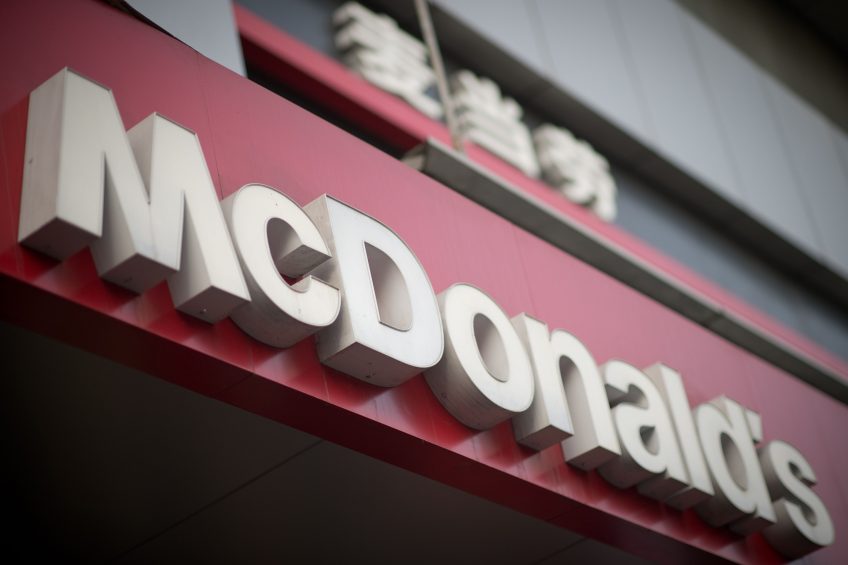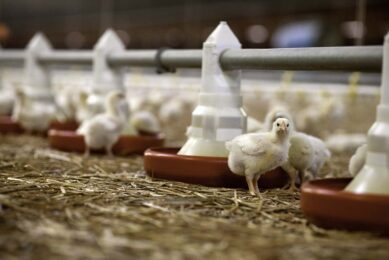Investors push food giants on antibiotic use

Fast food giants such as McDonald’s Corporation and Yum! Brands are responding to calls from a $2 trillion investor coalition to reduce the overuse of medically important antibiotics by large meat and poultry producers, a new report suggests.
The report also reveals new research underscoring the link between the use of antibiotics in livestock and the rise of antibiotic resistant bacteria in humans.
Biggest threat to global health
The rise of antibiotic resistance has been described by WHO as, “one of the biggest threats to global health today”, exposing institutional investors to significant material risks.
Inappropriate use of antibiotics in livestock is seen as a key factor in better prevention and the $2 trillion (€1.84 trillion) investor coalition including Aviva Investors, Aegon Asset Management, Natixis Asset Management and Coller Capital engaged a $170 billion (€156.46 billion) group of 10 large restaurant companies March 2016 to end the routine overuse use of medically important antibiotics. The coalition was brought together by the FAIRR Initiative and ShareAction.
Decrease of antibiotic use in poultry sector
Responses show that 70% of companies have now adopted either a comprehensive or partial policy to prohibit use in poultry, up from 50% in March 2016. 80% of companies report they are now actively engaging with suppliers to monitor antibiotic usage. Yum! Brands however was the only company that ignored a request for further information. None of the companies surveyed however, have developed fully comprehensive, publicly available antibiotics policies to cover their entire livestock supply chain.
Also interesting: Filling the antibiotic void with feed additives
The report, ‘The restaurant sector and antibiotic risk’, cites changing regulation – including potential new EU legislation which would ban routine preventative use of antibiotics on farms, already voted through the European Parliament, and 2017 US Food and Drug Administration (FDA) guidance on antibiotic use – as a key financial risk for companies failing to improve practices.
Spread of antibiotic resistance
The report also highlights new analysis from a Cambridge University-backed study reinforcing scientific opinion that antibiotic resistant bacteria, such as some strains of E. coli, can spread from livestock to humans via food consumption.
Also interesting: Cargill reduces poultry antibiotics use by 55% in the UK
Jeremy Coller, Founder of the FAIRR Initiative and CIO of Coller Capital, said:
“Investors are not immune to antibiotic resistance. It’s hard to put a monetary cost on antibiotics becoming useless, but some estimate it could lose $100 trillion (€92.03 trillion) from global economic output, creating an enormous global financial and public health crisis. New regulation, shifting consumer preferences and trade restrictions are already driving a reduction in antibiotic use in livestock. The clear message to these companies is that their shareholders want to see meaningful action on antibiotics.
Also interesting: Producers’ new strategies in response to loss of antibiotics
Backing of project is growing
Since its launch in March 2016, the investor group backing this engagement has grown to 71 institutions representing more than $2 trillion in assets under management. The investor engagement is ongoing with a third phase of correspondence sent in March 2017.













